Cancer is a leading cause of death in dogs, but some breeds face alarmingly high risks due to genetic predispositions. Knowing which breeds are more vulnerable can help owners stay vigilant and take preventive steps for early detection and treatment. Let’s take a look at 10 dog breeds with shockingly high cancer rates.
Golden Retriever
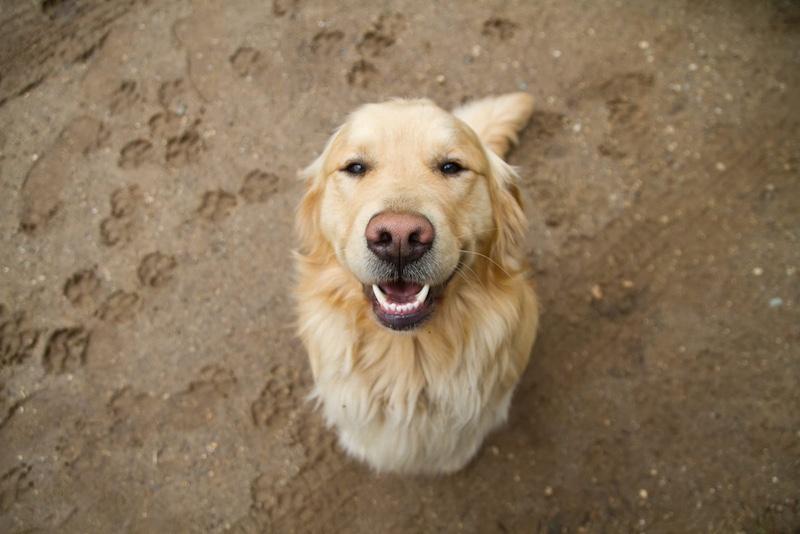
According to the Morris Animal Foundation’s Golden Retriever Lifetime Study, up to 60% of Golden Retrievers will develop cancer. Hemangiosarcoma and lymphoma are particularly common. Their popularity and closed breeding lines have unfortunately made cancer a major health issue for this breed.
Bernese Mountain Dog
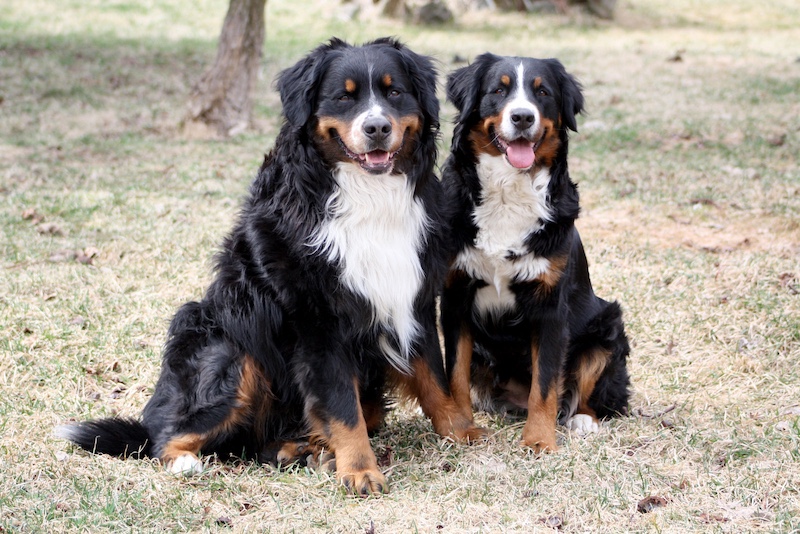
The Bernese Mountain Dog has one of the highest cancer rates among all breeds. According to the Berner-Garde Foundation, more than 50% die from cancer, particularly histiocytic sarcoma—a rare and aggressive form seen frequently in this breed due to genetic vulnerability.
Boxer

Boxers are especially prone to mast cell tumors, lymphoma, and brain tumors. The American Boxer Club notes that cancer is a leading cause of death in the breed, with mast cell tumors occurring at a significantly higher rate than in many other dogs.
Rottweiler

Rottweilers often develop osteosarcoma, hemangiosarcoma, and lymphoma. A study published in the Journal of Veterinary Internal Medicine found that Rottweilers are at a substantially increased risk for bone cancer, especially in large-boned, purebred lines. Cancer remains a top health concern for this breed.
Great Dane

Great Danes, due to their size and rapid growth, are more susceptible to bone cancer and lymphoma. The Great Dane Club of America highlights osteosarcoma as one of the leading causes of death in the breed, with early detection being critical for treatment success.
German Shepherd
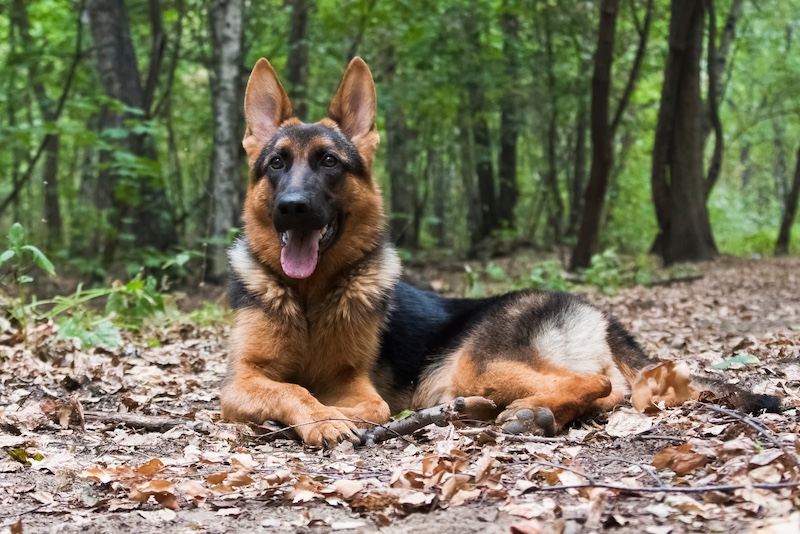
German Shepherds are commonly affected by hemangiosarcoma, particularly of the spleen or heart. The Veterinary Cancer Society lists them among breeds with increased cancer risk, likely due to genetic predisposition and high inbreeding coefficients in some lines of this popular working dog.
Labrador Retriever
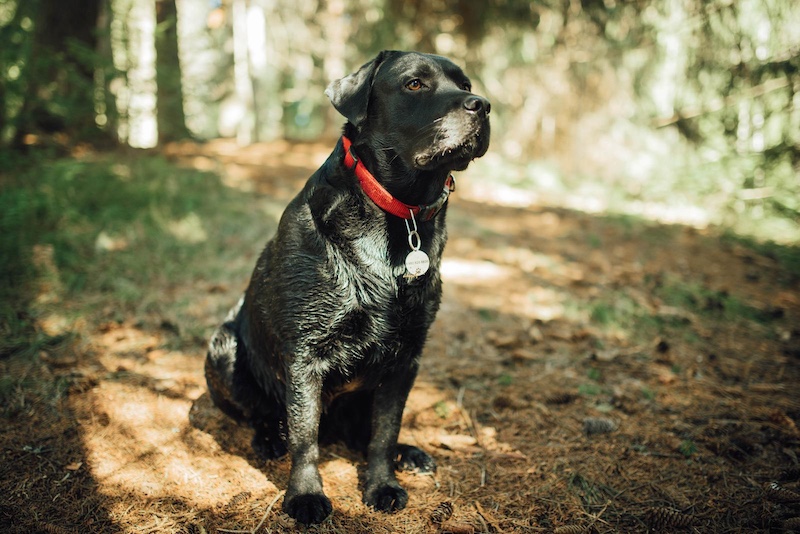
While often considered a healthy breed, Labradors still face notable cancer risks. According to the National Cancer Institute, Labs are prone to lymphoma and mast cell tumors. Their long life expectancy and high population numbers contribute to a higher overall rate of cancer diagnoses.
Scottish Terrier
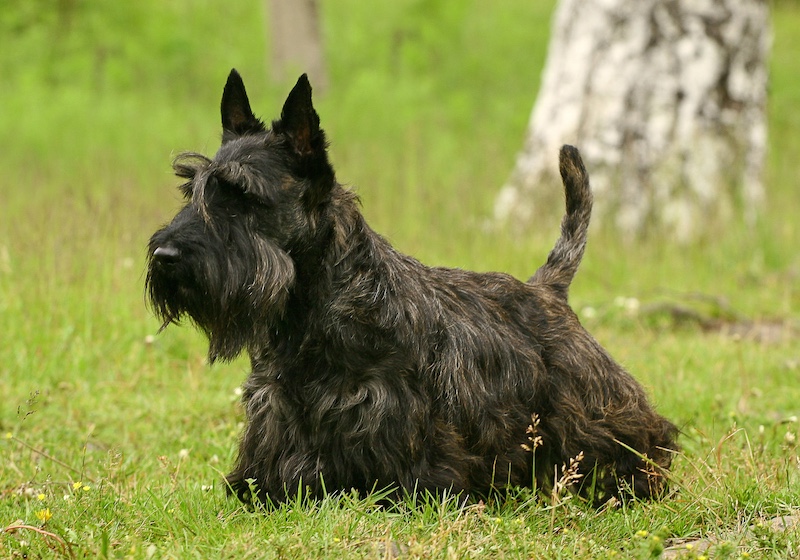
Scottish Terriers have an exceptionally high rate of transitional cell carcinoma of the bladder—up to 20 times the average risk, according to Purdue University’s Veterinary School. Genetics and environmental exposure both contribute to the elevated risk in this compact and feisty terrier breed.
Cocker Spaniel

The American Kennel Club Canine Health Foundation notes that Cocker Spaniels are susceptible to mammary gland tumors, lymphoma, and melanoma. The risk of mammary cancer is particularly high in unspayed females, making early spaying an important preventive measure for this affectionate and popular breed.
Doberman Pinscher
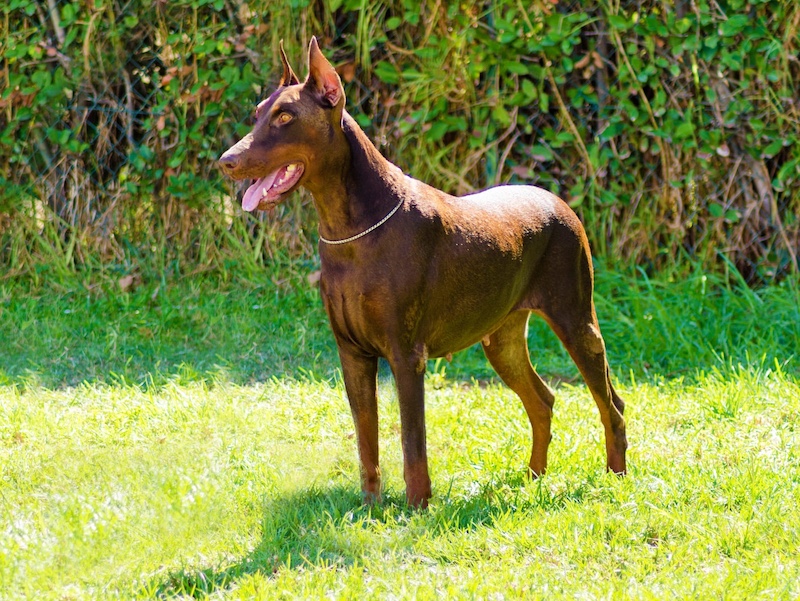
Dobermans are at increased risk for several cancers, including osteosarcoma and lymphoma. Research from various veterinary schools has also linked the breed to a higher incidence of prostate cancer in males. Genetic testing and regular vet checkups are key to early intervention in Dobermans.
Please Note: This content was created with the assistance of AI and thoroughly edited by a human before publishing.

